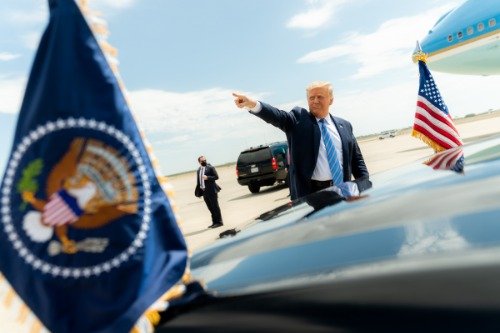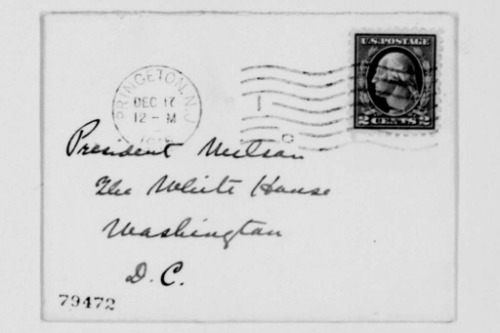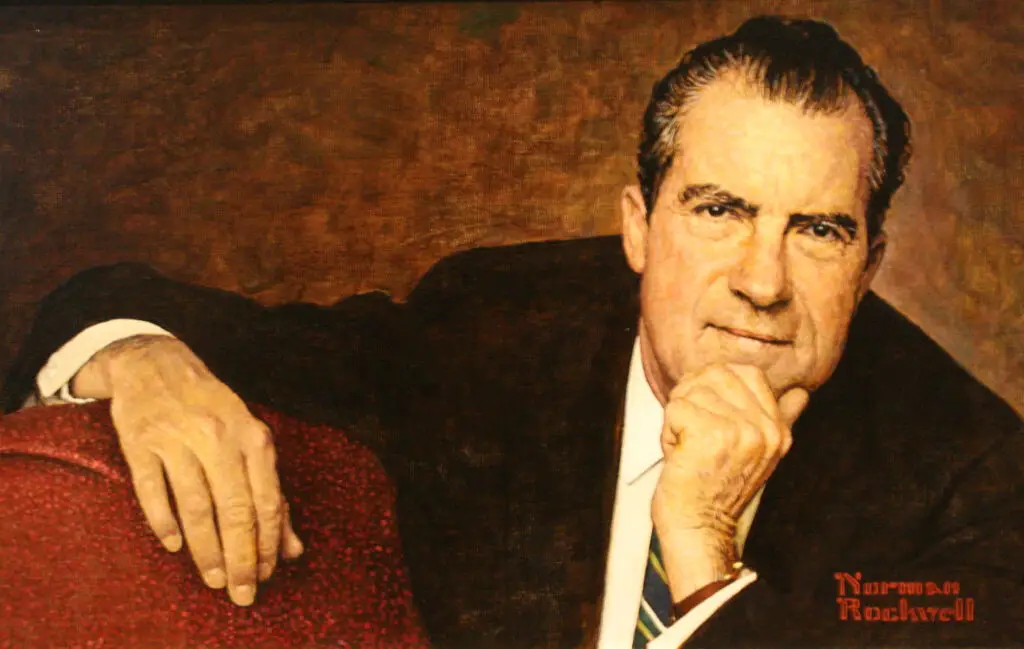1. They Can’t Keep Every Gift They Receive

Foreign dignitaries often shower presidents with lavish gifts, but there’s a catch: they don’t get to keep them. Most items over a nominal value (currently $415) are handed over to the National Archives or donated to their library.
2. They Must Always Have Secret Service Protection

Ex-presidents get Secret Service protection for life, a law reinstated in 2013. This means a detail follows them everywhere—whether it’s a quiet dinner, a vacation, or a quick stop at the grocery store (if they ever go themselves). It’s comforting but can also feel like a never-ending shadow.
3. They Can’t Just Use Any Email or Phone

Forget about casually emailing friends or calling someone from a personal cell phone. Communications from ex-presidents are heavily monitored, partly to protect national security. Their devices are often encrypted, and even their personal correspondence can be scrutinized.
4. They Need Permission to Travel Abroad

While ex-presidents aren’t exactly grounded, they can’t just book a flight and jet off. The Secret Service needs a heads-up to coordinate security logistics, and the State Department often gets involved to make sure the trip doesn’t interfere with diplomatic relations.
5. They Get a Modest Pension—but It’s Non-Negotiable

Ex-presidents receive a pension set by Congress, currently $226,300 annually. They can’t bargain for more, even if they feel it’s not enough to maintain their post-presidency lifestyle. This is meant to ensure they don’t profit excessively from the position.
6. Their Mail Is Screened (and Sometimes Seized)

Ex-presidents don’t open their mail like the rest of us. The Secret Service carefully screens everything they receive for security reasons. Letters, packages, and gifts are inspected to prevent threats, which means fan mail can take a while to reach them.
7. They Can’t Join Just Any Organization

An ex-president’s post-White House affiliations are closely scrutinized. Joining a controversial group or aligning with certain organizations could create political waves or tarnish their legacy. Every decision about partnerships or memberships is calculated.
8. They Must Build and Maintain a Presidential Library

It’s not just a tradition; it’s a rule set by the Presidential Libraries Act. Ex-presidents are responsible for planning, funding, and managing their own libraries, which house official records from their administration. These libraries also become a physical manifestation of their legacy.
9. Their Speeches Are Expected to Stay Neutral

While they’re free to speak their minds, ex-presidents are generally expected to avoid highly partisan commentary. Criticizing the sitting president can backfire, both politically and personally. Most stick to diplomacy when addressing public issues.
10. They Can’t Drive on Public Roads

One of the first freedoms an ex-president loses is the ability to get behind the wheel on public streets. Secret Service rules prohibit it for security reasons. Sure, they can drive on private property (George W. Bush likes to cruise around his Texas ranch), but forget about running errands or taking a scenic drive.
11. Their Medical Records Are Closely Monitored

Ex-presidents have top-tier healthcare, but their health is treated as a matter of national interest. Doctors maintain detailed records, and any significant medical news is carefully controlled to prevent public panic or speculation.
12. They Aren’t Allowed to Carry Firearms

While ordinary citizens might carry concealed weapons for protection, ex-presidents don’t have that option. The Secret Service ensures they’re safe enough without needing to arm themselves, though this rule occasionally raises eyebrows.
13. They Must Avoid Conflict of Interest Ventures

If an ex-president wants to start a business or accept a board position, it’s a delicate process. Ventures that could pose conflicts of interest or exploit their former position are highly discouraged. Transparency is key to maintaining trust.
14. They Can’t Fade Into Total Obscurity

Even if they wanted to disappear, the role of an ex-president is inherently public. They’re expected to remain involved in charitable work, public speaking, or diplomacy. The unspoken rule is to contribute to society in meaningful ways, ensuring their influence continues.
Being a former president might sound glamorous, but these rules show it’s a balancing act of security, legacy, and constant scrutiny. Sure, there are perks, but the limitations? Let’s just say retirement isn’t as simple as kicking back and relaxing.


